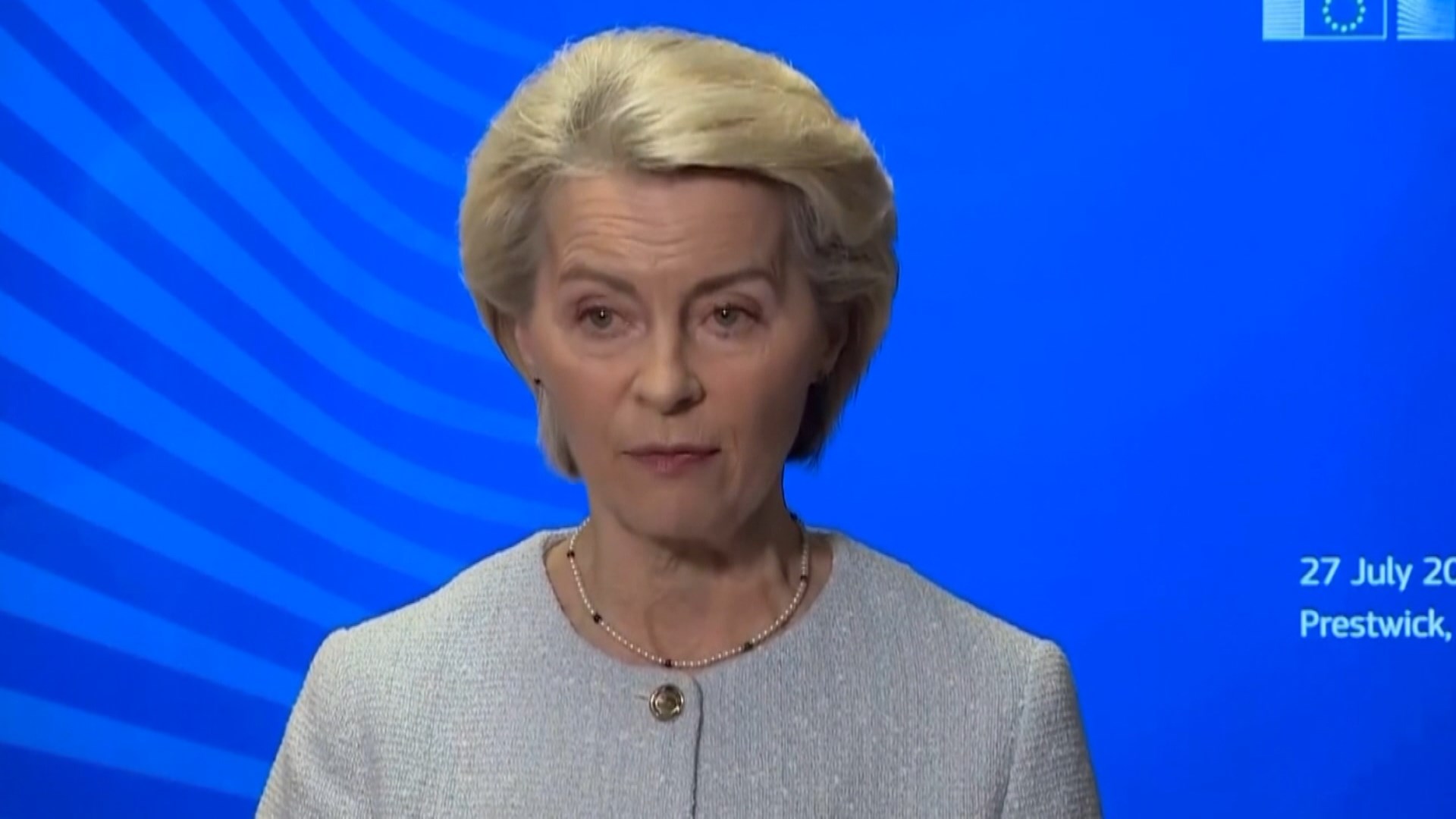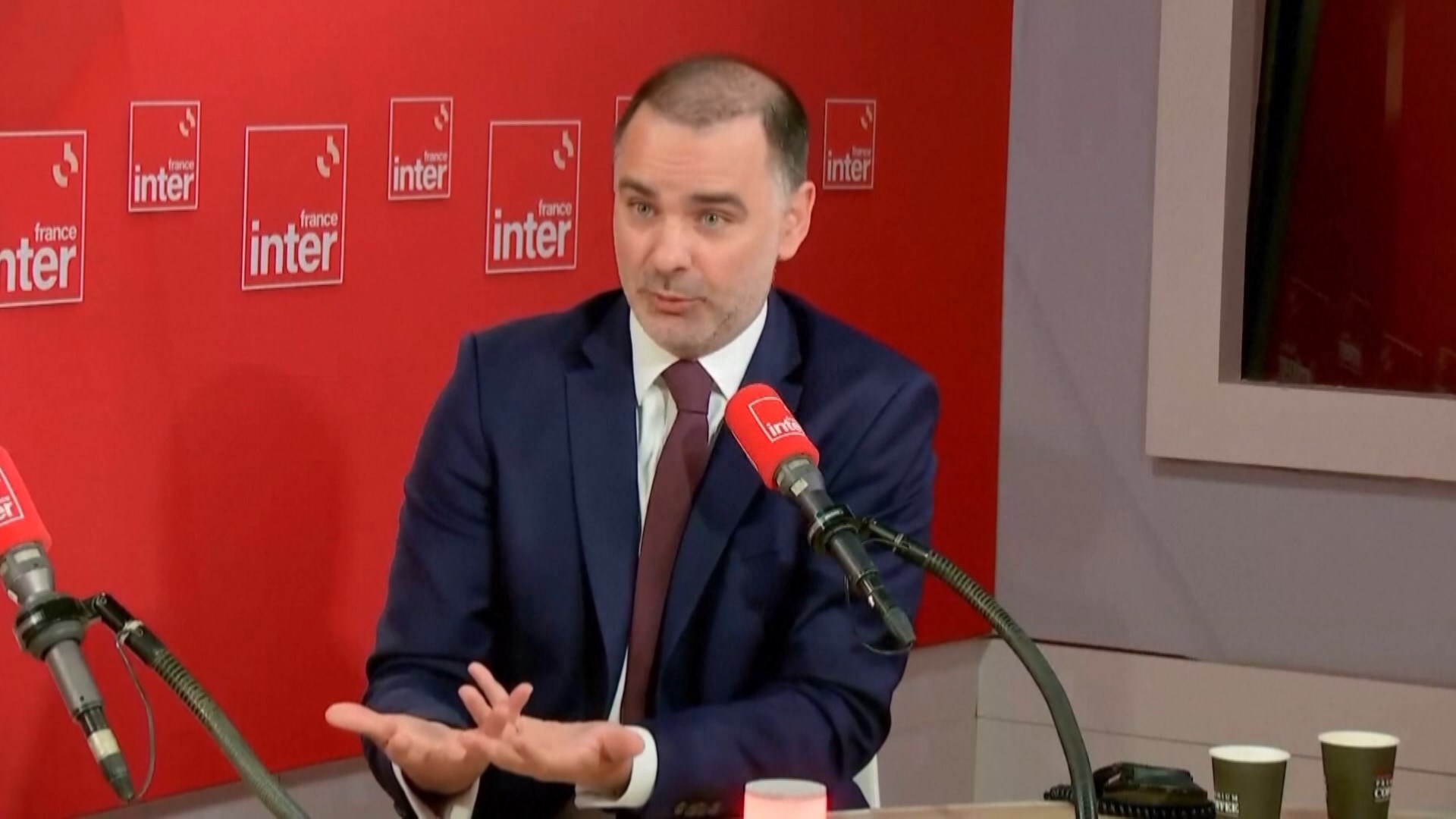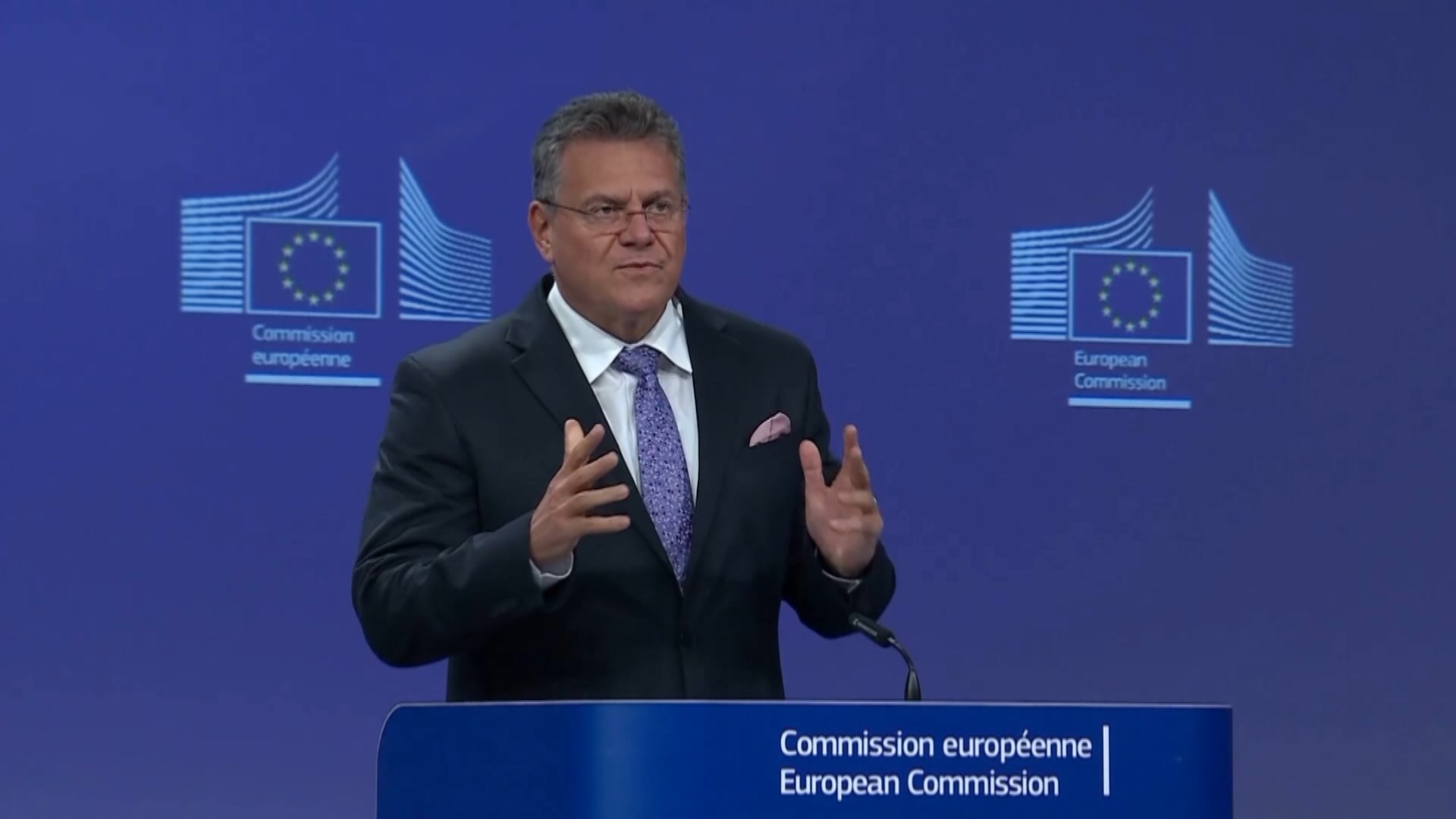3.69 BYN
3.02 BYN
3.52 BYN
Deal with the Devil: How the U.S. Put the EU on Its Knees
The European Union has agreed to purchase energy from the United States totaling $750 billion—a deal that marks a victory for Trump but a complete fiasco for the other side. Now, Europe is compelled to invest hundreds of billions of euros into America's financial machinery, receiving almost nothing in return.
European politicians, with a typical pro-Atlantic stance, claim this is the best possible outcome, subtly hinting that refusing American terms would have led to far worse consequences. They largely avoided questioning whether the White House was bluffing about the 30% tariffs, with Trump riding high on his perceived victory, while Europe contemplates how to move forward.
The formidable and controversial Donald Trump has secured a situation where Europe now pays tariffs for access to the American market, without reciprocal conditions for American goods in the EU. European businesses are now required to invest heavily in the U.S., and the continent’s energy market has essentially been handed over to Washington’s control.
"So, we’re about to do the following— the European Union has agreed to buy energy from the U.S. worth $750 billion. They will invest $600 billion more in the States than they currently do. That’s a significant sum. All countries will be open for trade with the United States with zero tariffs. And they’ve agreed to purchase a huge amount of military equipment."
European Commission President Ursula von der Leyen meekly nodded and silently agreed with everything the "white gentleman" from the White House proposed. She claimed the deal would "balance" trade relations between the EU and the U.S., and help Europe reduce its dependence on Russian oil and gas. However, she conveniently forgot to mention that Europe would also have to part ways with other suppliers.
Ursula von der Leyen stated:
"Purchases of energy from the U.S. diversify our sources and will contribute to Europe’s energy security. We will replace Russian gas and oil with substantial imports of American LNG, oil, and nuclear fuel."

In short, Europe is once again divided into two camps: one trying to convince itself that this agreement is not a bondage but a victory, and another recalling that even reparations from defeated Nazi Germany in WWII were less burdensome.
For instance, Marine Le Pen called this "a political, economic, and moral failure."
"Sovereignty in trade matters is meaningless; it is being eroded and ultimately nullified by Brussels bureaucracy. Hundreds of billions of euros worth of gas and weapons will have to be imported annually from the United States. This is a complete capitulation of French industry, our energy, and military sovereignty," she wrote on social media.
Her words are echoed by German industrialists, accustomed to exporting everything. Media outlets predict that Berlin will suffer the most from these agreements: German production could decline by 15%, and overall EU industry by 11%. Auto manufacturers, already struggling, are feeling the squeeze.
Hildegard Müller, head of the German automotive industry association, noted:
"Tariffs naturally intensify the debate over regional competitiveness, and further manufacturing relocations cannot be ruled out. In times when protectionism is resurging, we must strengthen our position."

French alcohol producers are also on the brink of crisis. They demand that American tariffs exclude champagne and other spirits. France remains the largest exporter of alcohol outside the EU, and new tariffs could severely damage both their beverage industry and the country’s economy overall.
"I don’t believe Americans or Trump genuinely want to deprive themselves of our French gastronomic products, like wine and cheese. It’s hard to imagine, but if it happens, we will turn to third markets. There are plenty of other markets, " assured Antoine Chevalier, owner of a Champagne house.

The French are generally brave only when it doesn’t involve real confrontation. For example, French Foreign Trade Minister Laurent Saint-Martin, far from Trump, insisted that if he were in Ursula von der Leyen’s place, he would act more sternly:
"Yes, I believe we would have gained more by taking a tougher stance against the U.S. — Donald Trump only understands strength. We should have demonstrated our capacity for retaliation more clearly. The agreement could have been different."

The fact remains: Washington now commands, and Brussels obediently follows. Such distortion of sovereignty in Europe is what they call stability and partnership.
"If I had to sum up this agreement in one sentence," said EU Trade Commissioner Maroš Šefčovič, "it would be that it provides new stability and opens doors for strategic cooperation. It’s the result of months of sincere and relentless effort, unparalleled in intensity, and of unprecedented importance for our transatlantic trade."

At first glance, everything seems clear. But there’s always a "but." Diligent Western media outlets have uncovered that Brussels is unlikely to keep its word, partly due to the influence of the U.S.
Reuters confidently asserts that the EU’s promise to purchase $250 billion worth of American energy annually is nothing but a bluff. Last year, U.S. energy exports to all countries totaled $318 billion, with the EU accounting for $76 billion. Analysts believe that tripling exports to the EU is completely unrealistic. Similar skepticism applies to the $600 billion investment figure.
Politico reports that these figures pertain not to EU funds but to private capital, which Europe cannot guarantee will invest in the U.S. at all. In short, both Brussels and Washington are overpromising—loves to promise big, but rarely follow through.
In this tangled web, Europe’s leaders are left to wonder whether their commitments are more illusion than reality, while the U.S. continues to dictate terms with little regard for reciprocal fairness.















